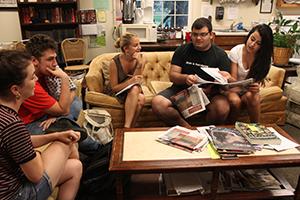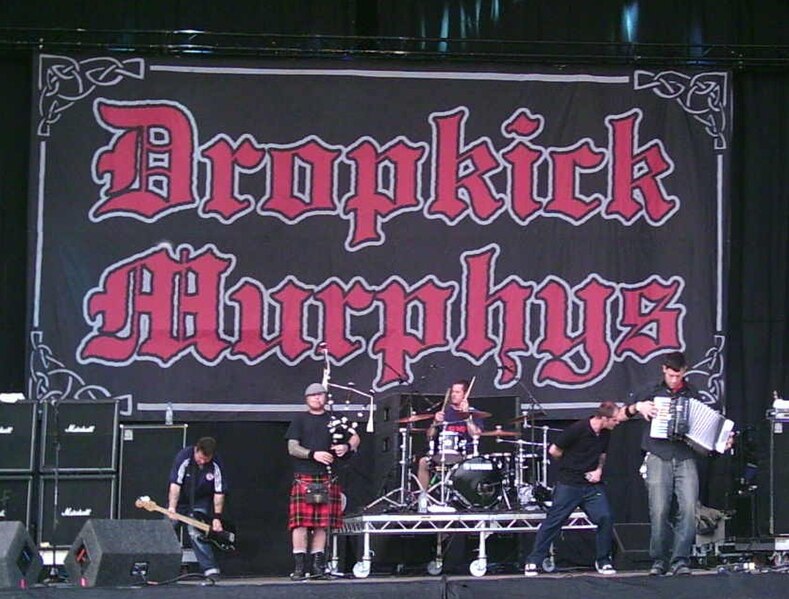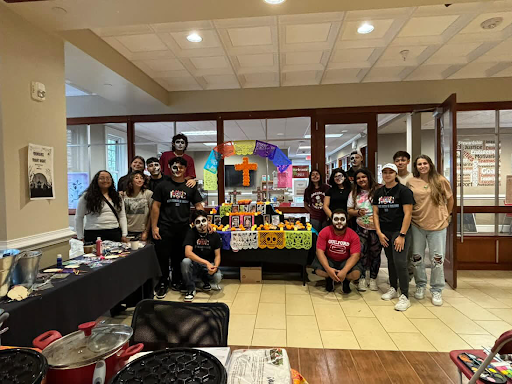Students for Justice in Palestine are on a mission to work against the Israeli occupation of Palestine.
SJP is a nationwide effort that began at the University of California at Berkeley in 2001 and now boasts chapters on over 80 U.S. college campuses. Guilford College’s SJP chapter was established in spring 2014, after splitting off from another organization, Students Allied Against Privilege and Supremacy.
The founder and president of the Guilford chapter, who has chosen to remain anonymous out of concern for their security in the modern political climate, especially for Palestinians in higher education, explained that SJP members think the issue needs more specific attention.
“Often when people think about the Palestine and Israeli conflict, they think of two countries, two independent peoples, two militaries fighting against each other and that’s really not the case,” they said. “It is the case of a superpower occupying a marginalized and disenfranchised group of people. The Palestinian people are neglected, and they do not have rights.
“Whenever Palestinians want to fight back to resist the occupation, whether peacefully or not, they are labeled as terrorists, and their voices are shut down. That’s what we’re trying to say on campus: listen to the underdog’s side of the story. (This) is not a conflict of equals.”
SJP’s founder was born into a Palestinian family in Amman, Jordan.
“I was raised during the time of the peace accords when they started to collapse,” they said. “I went to a Quaker school growing up and met Guilford students when they would come to Palestine to learn about the conflict.
“Guilford has always had a relationship with Palestine. However, it has not (taken) a stand even (though it’s) taken a stance on other issues. One of the reasons we started SJP was so we could educate and help Guilford, as a college and as a community, to take a stand.”
The club has already made an impact on both students and faculty members.
“Watching those images over the summer of Operation Protective Edge was heartbreaking,” said senior and SJP member Omar Hamad. “It made me become more aware of how unjust it is. I really feel like the military occupation of Palestine, West Bank and Gaza should end and that’s why I joined the group.”
“SJP is crucial,” said Diya Abdo, associate professor and chair of English and faculty mentor of SJP. “It raises much needed awareness about the plight and rights of the Palestinians under occupation, blockade and the diaspora.
“It combats oppressive and dehumanizing rhetoric about Palestinians and resists the discourses and ideologies that work to silence them.”
SJP embodies Guilford’s core values and honors Guilford’s Quaker heritage of fighting for social justice.”
Some see the situation differently, which has caused some issues for SJP.
“We’ve had some challenges,” said SJP’s founder. “Oftentimes, what we say is taken out of context and exaggerated. We’re not here to be racist; we’re here to be anti-racist. That’s the whole reason why our club is here — to promote Guilford’s anti-racist commitment.”
Max Carter, director of the Friends Center and faculty advisor said, “Efforts of the club are often seen through the lenses of … misunderstandings and stereotypes. Advocacy of Palestinian concerns for a just peace is often seen as de-legitimizing Israel or making pro-Israel Jewish students on campus feel unsafe in stating their views.
“It is seldom understood how unsafe Palestinians feel, not only in their homeland, but also in the United States, when they state their views.”






